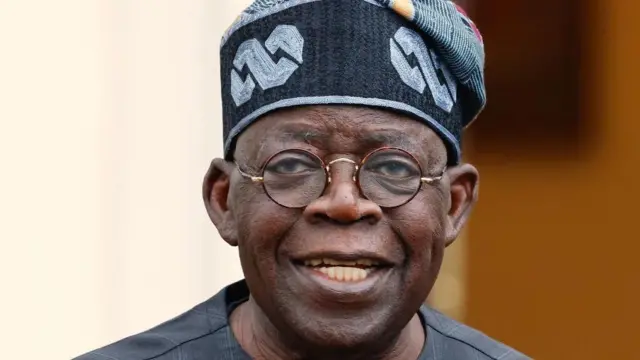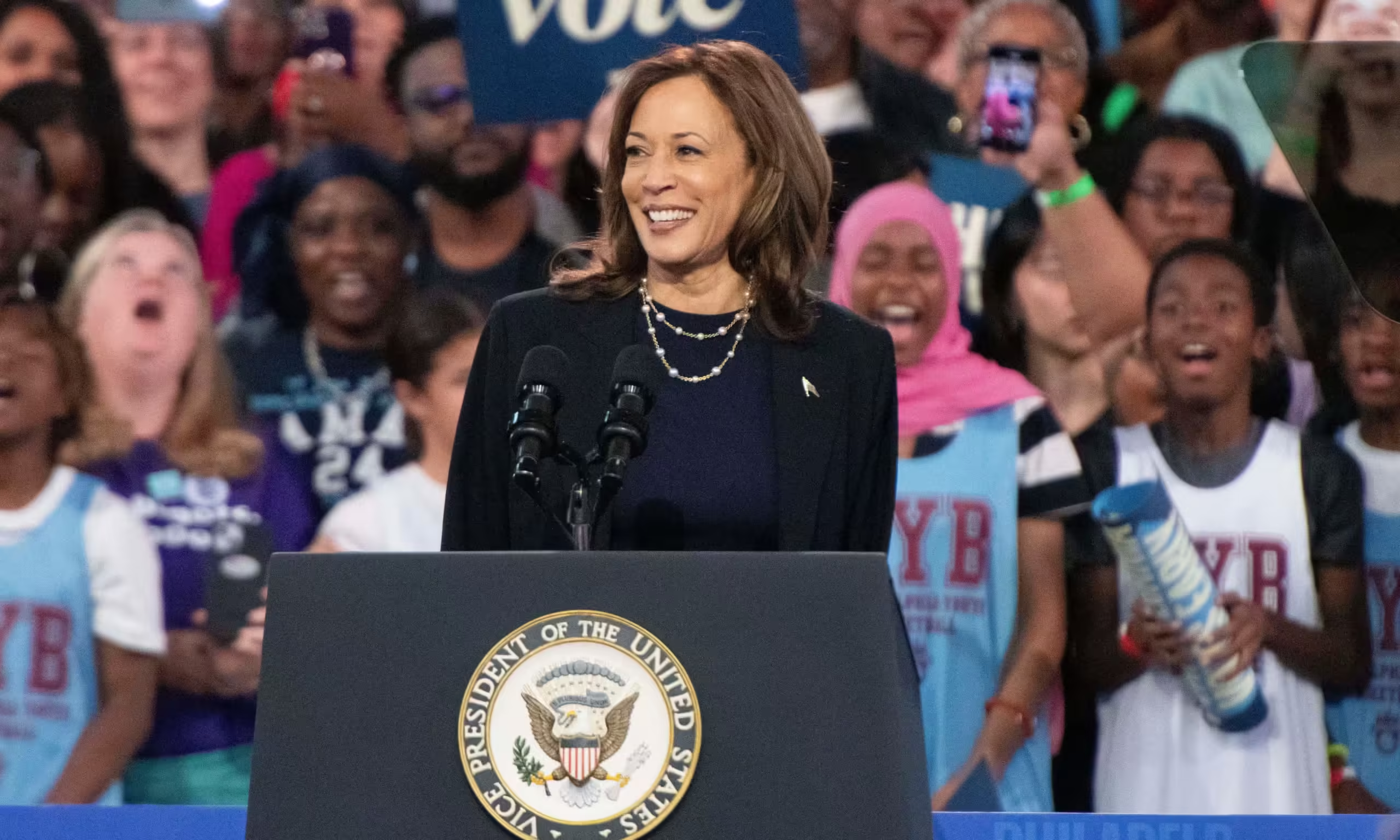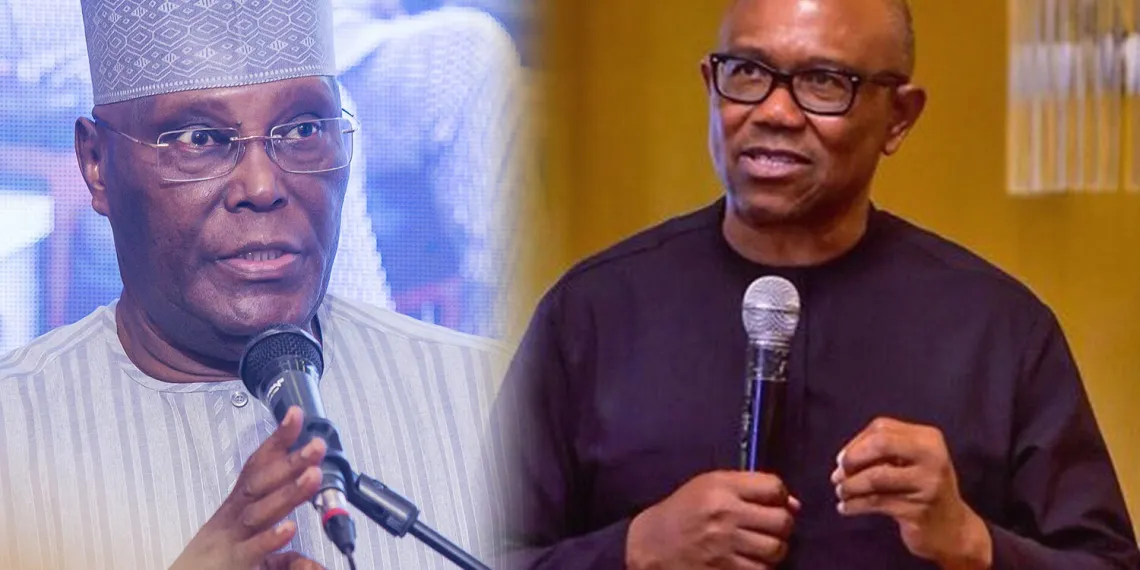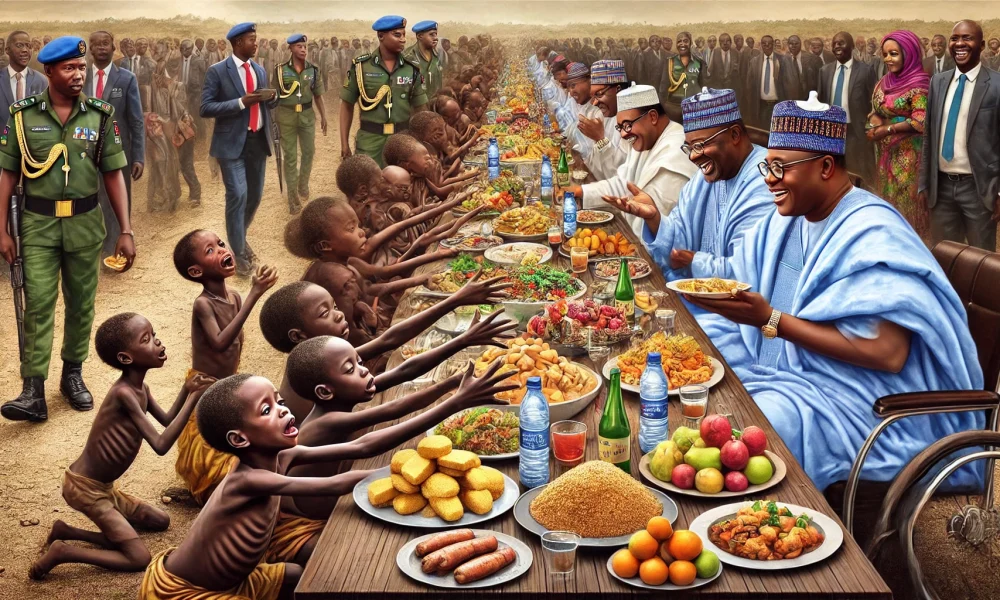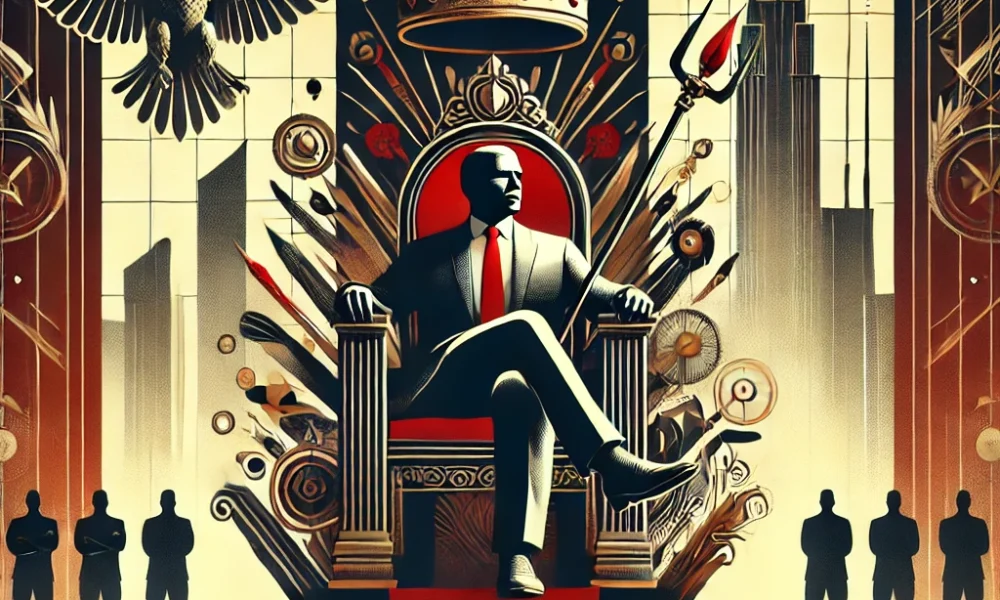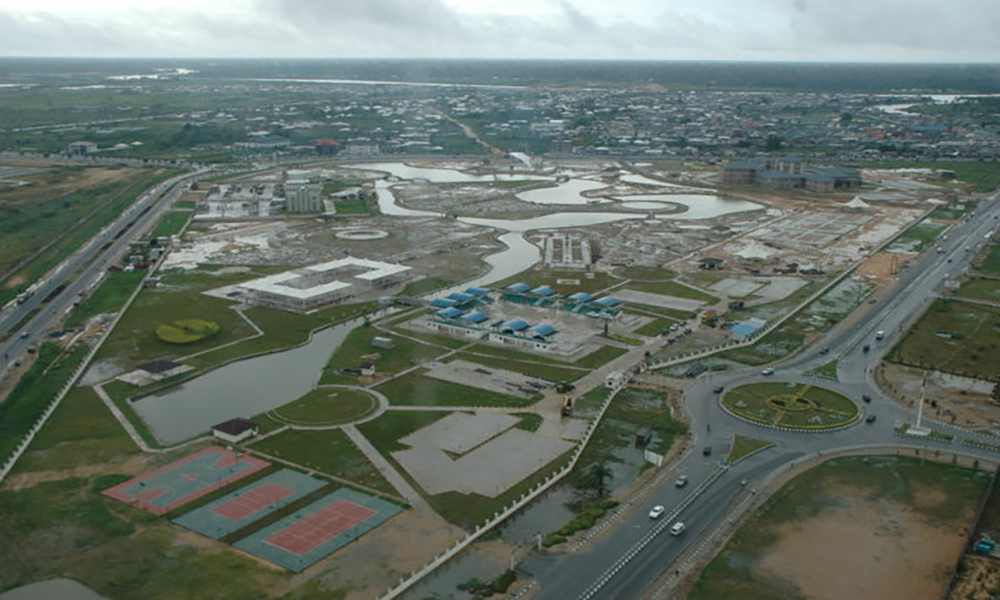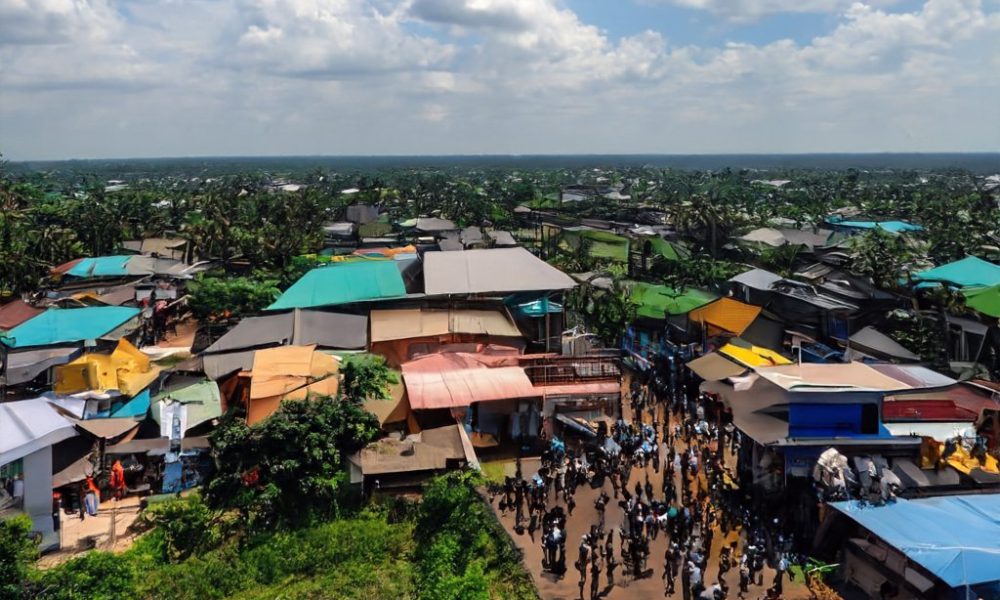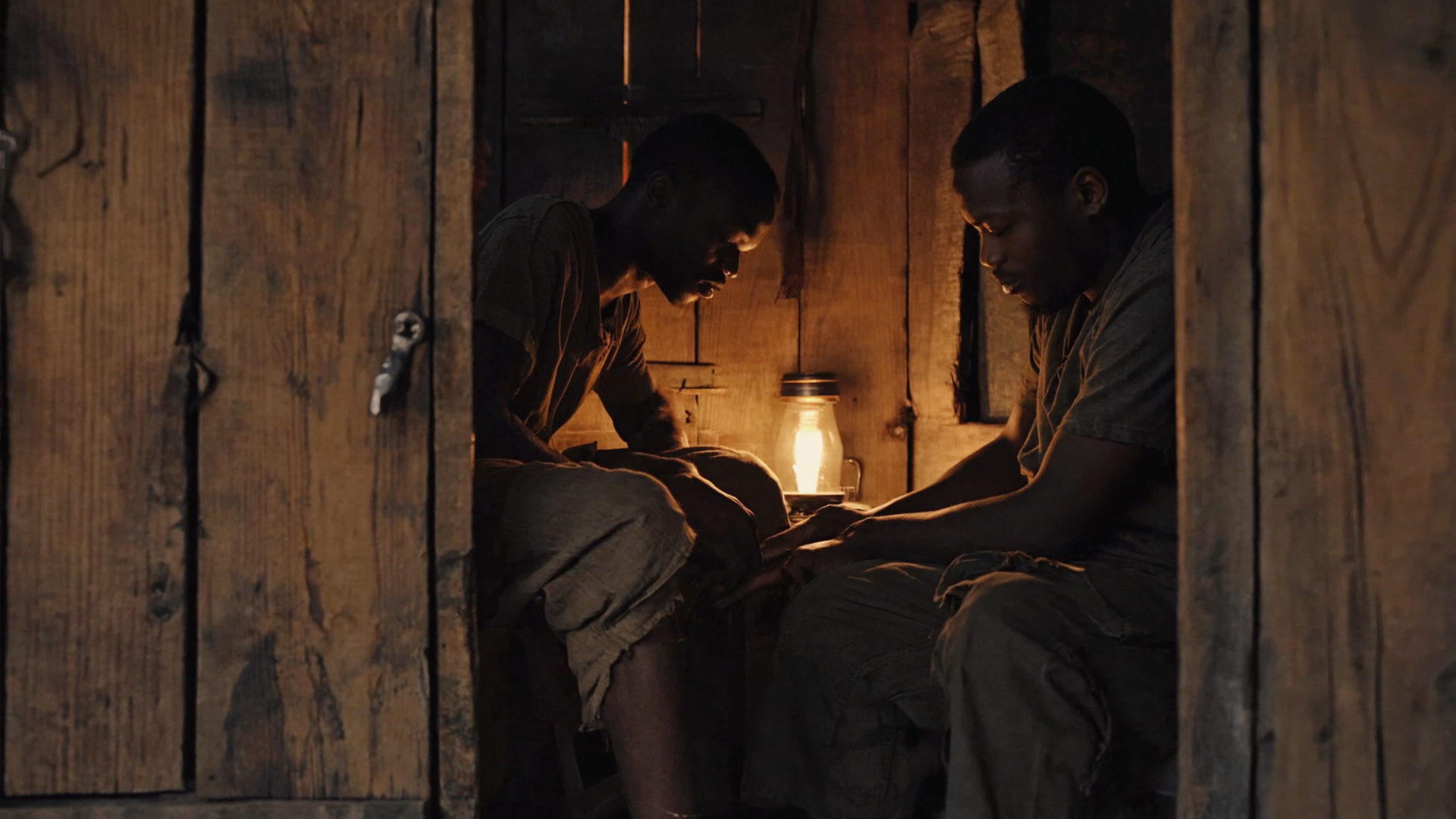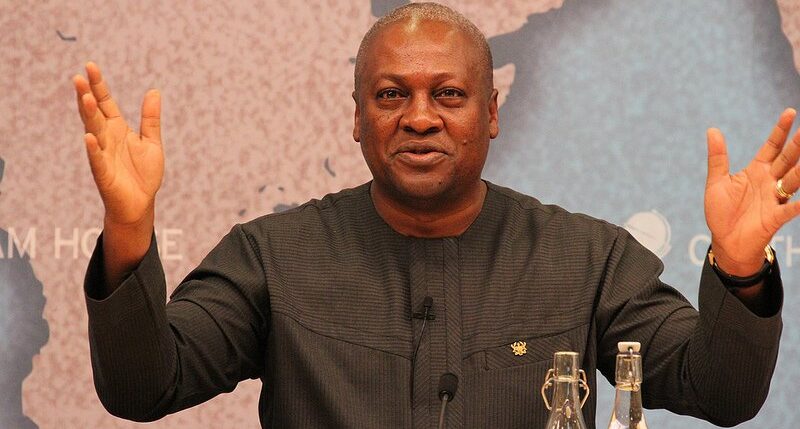Nigeria faces identity, morality and governance issues. Previously and under President Tinubu, systemic corruption and inefficiencies have eroded public trust, despite claims of transparency and reforms. Despite these efforts, the urgency of these issues remains critical as citizens struggle for daily survival 123.
Identity in Nigeria is multifaceted and shaped by historical, ethnic, and socio-political factors. Chinua Achebe, in his seminal work “Things Fall Apart,” captures the clash of traditional values and modern influences. This resonates with Nigeria’s current struggle with identity amidst moral compromise. Achebe’s reflection that “the center cannot hold” is a moving metaphor for a nation, where comunal integrity is often undermined by individual greed.
Emphasized, more often than not, morality in Nigerian society is frequently trashed by pervasive corruption resulting from greed. However, traditionally Nigeria’s moral compass is guided by community values and ethics, but are being increasingly skewed. Cultural scholar Wole Soyinka critiques Nigerian society, for its erosion of moral values, asserting that “the man dies in all who keep silent in the face of tyranny.” This tyranny is not just political, but also moral, where silence and complicity have become the norm.
Normal in the sense that corruption is perhaps the most glaring manifestation of consensual immorality in Nigeria. Transparency International’s Corruption Perceptions Index, consistently ranks Nigeria among the most corrupt nations. This systemic corruption affects all levels of society, from the highest echelons of government to everyday interactions. Political analyst Femi Falana points out that “corruption has become a national culture, deeply ingrained in the fabric of our society.”
What then is Nigeria’s integrated national culture, which should subsume and blend over 250 ethnic groups, each with its distinct traditions and values. Sociologist Peter Ekeh’s “two publics” theory highlights the dichotomy between the “civic public” and the “primordial public” in Nigeria. The civic public, associated with government and officialdom, is often seen as corrupt and self-serving, while the primordial public, tied to ethnic and community loyalties, retains more traditional moral values.
Clashing interests between the two, frustrate governance in Nigeria, leading to poor leadership and worsening accountability issues. The late Professor Claude Ake argued that “the trouble with Nigeria is simply and squarely a failure of leadership.” Effective governance, or the lack thereof, directly influences the moral and ethical standards of the nation.
Social Justice is another critical theme, reflecting the disparities and inequalities that corruption fosters. Nobel Laureate Amartya Sen’s concept of “development as freedom” is relevant here, suggesting that true development must include the expansion of human freedoms, which are often curtailed by corruption and poor governance in Nigeria.
Generally, the impact of corruption on National Identity is profound, because it erodes trust in public institutions, undermines national pride and cohesion. The precipated disillusionment is reflected in the growing desire among Nigerian youths to emigrate. According to a 2020 Pew Research Center report, 45% of Nigerians expressed a desire to leave the country in search of better opportunities. This indicates that Nigerians are increasingly abandoning traditional familial and community ties. This separation creates tension between traditional values and modern practices, impacting their sense of security and identity.
It is vividly portrayed in Chimamanda Ngozi Adichie’s “Half of a Yellow Sun,” where characters navigate the complexities of modernity, while holding on to traditional values. Adichie’s narrative reflects the broader societal struggle to maintain cultural integrity amidst pervasive corruption and modernization. The novel vividly portrays people’s survival during Nigerian Civil War , highlighting the tension between modernity and tradition.
Nigerians often emphasize leadership’s role in shaping moral standards, yet often find it lacking in vision and character. This weakness, alongside cultural disintegration and traditional value erosion, undermines communal support systems and fosters moral and social fragmentation. Weakened cultural accountability have caused stark socio-economic inequalities in Nigeria, with 40% living in poverty. This situation breeds resentment and unrest, threatening ethical redemption. Addressing these issues requires a collaborative effort across all societal sectors to combat moral decay and corruption.
The Yoruba proverb “Àgbà lọ́dọ̀ àrò, ọmọ lọ́dọ̀ òrò” (The elder sits by the hearth, the young one by the mortar) symbolizes the intergenerational effort needed to restore Nigeria’s moral compass. To build a just and ethical society, Nigeria must unite across ethnic divides, integrating traditional values with modern principles, reconciling its identity amidst globalization and internal challenges.


